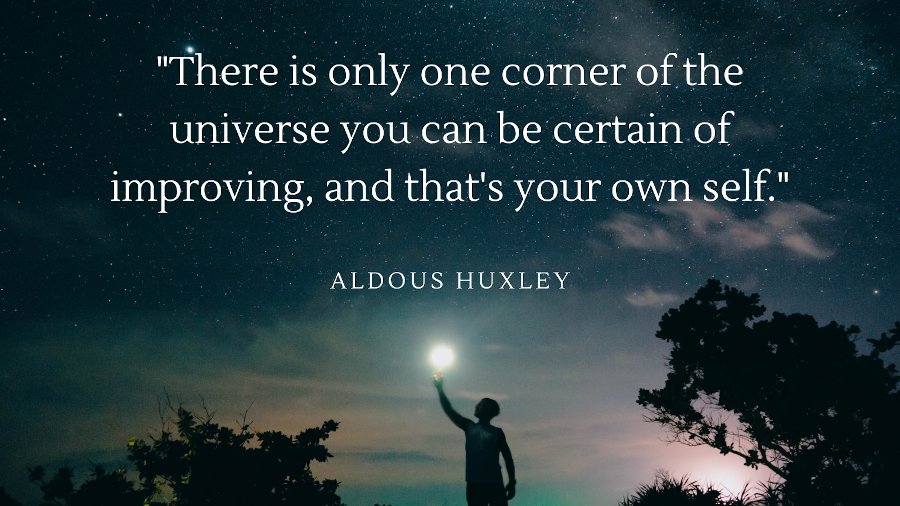What is self-efficacy? And how it is possible to improve it?
Written by Rodolfo Parlati on 25/05/2022
Do you ever have the feeling of not being prepared to face a particular situation or of not feeling up to the circumstances? You may feel insecure, don’t believe in your abilities, and think you’re not smart enough, unlike the people you know.
Regarding these feelings, we often hear about the concept of self-esteem and how important it is to develop good self-confidence. This does not happen when it concerns another essential factor: self-efficacy. Although the two aspects are closely related to each other, they are not quite the same thing.

Self-esteem and self-efficacy
Self-esteem implies a judgment of personal value linked to the sphere of Being. Instead, self-efficacy concerns the personal capacity that is linked to the sphere of Doing. A person with good self-esteem characterizes himself with an awareness of his worth and abilities. This also includes full awareness of one’s limitations and weaknesses. Instead, self-efficacy corresponds to a person’s belief that he is capable of dominating specific situations, activities, and circumstances, as well as the ability to learn from experience. In practice, it consists of the perception of being able to do, perceive, become or express something. To simplify, self-efficacy could be considered an integral part of the concept of self-esteem.
An excessively low level of self-efficacy can have very negative consequences on your personal and work life. Perpetually convincing yourself that you can’t do it will inevitably lead you to a failure announced right from the start.
Hence, it is essential to have a sufficient sense of self-efficacy that leads you to be optimistic about your abilities and to face each new challenge with the belief that you can do it. But how do you go about increasing your level of self-efficacy?
How to increase it
Self-efficacy is essentially based on four main pillars:
1. Personal experiences of effective management
Direct experiences are primarily responsible for building a sense of self-efficacy. In particular, it is the perception of the quality of your performance that affects this. The factors that influence it are basically: the basic belief in your abilities, the difficulty of the task, the quality of commitment and help received, and the history of successes and failures.
2. Vicarious experiences
In essence, it’s about seeing which kind of results others get when they put certain actions into practice. If their behaviour leads to a positive outcome, then you will tend to mimic it too, engaging in a form of learning known as “modelling”.
3. Persuasion
Persuading is a tool that reinforces the belief that you have what it takes to achieve your goals. This is based on positive verbal and non-verbal reinforcement that enriches people with positive and realistic information about their abilities.
4. Physiological and emotional states
Whenever you find yourself in situations that test your skills, you tend to experience a state of physiological arousal. This happens as the body prepares for action. The attention increases, it is fixed on the task to be performed and physical and psychological changes related to anxiety occur, such as sweating, increased heart rate, and difficulty concentrating. All of this tends to negatively affect the sense of self-efficacy. Therefore, it is important to train self-care, to give yourself time when you need it to recover the necessary energy and to train your sense of well-being.
At this point, let’s consider how the sense of self-efficacy can be improved through the daily execution of some simple and effective very simple strategies. They are listed here:
- Learn to recognize your abilities. Enhance your strengths and try, on the other hand, to fill your gaps.
- Don’t set impossible goals. Instead, learn to set daily micro goals, focus on them and put yourself in a position to achieve them.
- Learn to be less critical of yourself. Enjoy your small and big successes in your private life, just like in your professional life, in sports or in everything you like to do in your free time.
- Describe an unpleasant situation that you have had to face in the last period. Start by describing the goal you set for yourself, explain the behaviours you followed to get out of the initial situation and focus on the actions that led you to solve the problem. By doing so, you focus your attention on your ability to emerge from an unpleasant situation by taking actions resulting from your sense of management and control of difficulties.
- Use your imagination. The subconscious mind does not distinguish between a fervently imagined experience and a truly lived experience. So, use your imagination. This means that developing the ability to see yourself as effective and successful strengthens the confidence you have in your effectiveness.
One more tip!
If these strategies alone don’t seem enough to improve your sense of self-efficacy, you can always turn to a Professional Coach. This figure is of great help in building your path towards the conquest of self-esteem and good consideration. The Coach intervenes on your strengths, making sure they stand out and highlight your potential.
Do you want to know more about how to improve your sense of self-efficacy?
Feel free to contact me and set a FREE discovery call.






